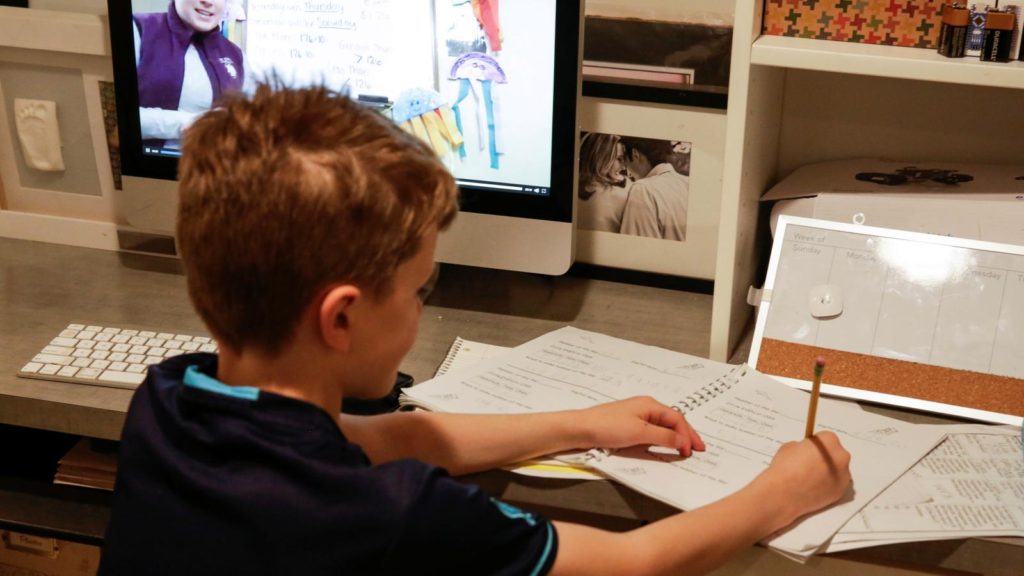Published by admin on 28th September 2022

It was 25th February 2020 when the first two cases of Coronavirus were reported in Pakistan and in March the government decided to close schools first. Since then children are confined to their homes and there are no signs yet to reopen schools. However, the government has eased the lockdown, international flights have resumed in Pakistan and local transport has also been continued following the COVID19 SOPs but schools are still undecided. But the question is that if we still keep on going this way, will we grow more illiteracy rate in Pakistan?
According to the researchers, there’s no clue when this pandemic will end. In the recent update, WHO claims that the virus isn’t going anywhere, we should learn how to live with it. This means that we would be following social distancing, hygiene practices, quarantine for the rest of our lives. If this is going to happen then schools and the education systems in Pakistan will be worse affected. This is because in some of the regions of Pakistan there’s no internet available, there’s no concept of homeschooling and distance learning. Even if homeschooling becomes the new normal, the parents aren’t educated enough to teach their kids according to the educational standards.
In other countries, high school students have been promoted to the next level without regular examinations, and admission will be granted on the basis of previous results. But still, this is not the right move as this will lead students to miss the learning phase of their current level of enrollment. Worse still, if the schools remain shut in Pakistan, kids will become more introverted, they will build the fear to face the people and their social activities will be disturbed. So, it’s high time, the government should take measures to normalize education in Pakistan.
According to us, here are some suggestions that can keep education flowing in Pakistan.
1. Reduce Admission Fees and Invest in Digital Learning
If the government helps institutions to invest in their digital learning tools then the schools can operate remotely. In this case, the authorities must take care of the students who don’t have internet facilities or arrange a space where students can gather to take the lectures. However, the count of the students should be limited and all must follow COVID19 SOPs. The respondents should also collaborate with academic writing websites so they can help students grow together.
2. Homeschooling Should be Normalized
Back in the days, homeschooling was considered weird and not recommendable for students. But according to the research, students who are homeschooled have better practical knowledge and understanding of the subject. They are also far away from the rote learning methods that happen in Pakistan’s educational system on a wide scale. So, parents who are good enough to take this responsibility should start homeschooling their children and let not the year waste for them.
3. Operate School in Shifts
The above two steps match those who know digital learning, tools and techniques and what about the ones who are still unaware of the digital ways? So, for then the government should operate schools but with strict COVID19 precautionary guidelines. It will let them match the pace with the students who are learning online. It’s, however, a risk to reopen schools but what if the pandemic stays long?
The Takeaway
The pandemic is a big lesson for us. It gives an insight into the education system of Pakistan and shows us where we lack. After this pandemic ends, we should have proper plans to improvise our education system to grow the literacy rate in Pakistan. The parents should take this time to build skills in their students and work on their hobbies so when we all come out of this pandemic, there might be something we will be proud to have.